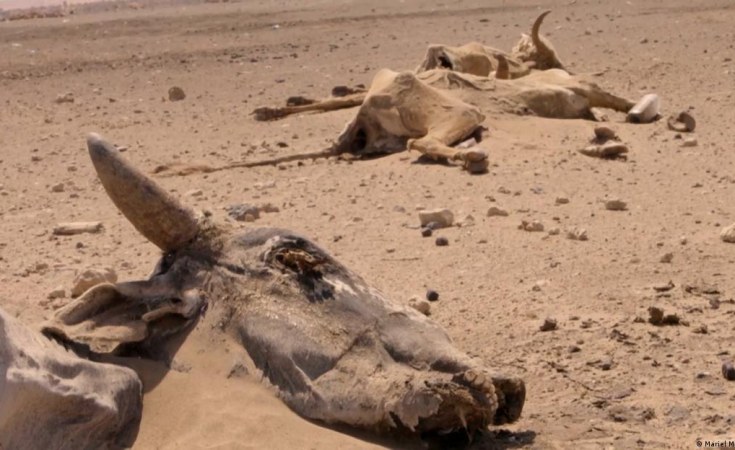At the 28th Conference of the Parties of the United Nations Framework Convention on Climate Change (COP28), many highlighted the role of parliaments in the response to climate change, especially in ensuring inclusivity and responsiveness.
It is often said that a car is as good as its engine. This also rings true for Parliament. A well-functioning and compassionate administration of the legislature has an opportunity to facilitate and translate high-level, often complex, discussions about climate change, into meaningful discussions at a local level. By enhancing public participation on issues of climate change, the legislature will give meaning to the first words of the preamble of the Constitution -"We, the people," - and give soul and a heartbeat to an often highly technical subject.
Section 59 of the Constitution is instructive to the legislature on public participation, and views participation as a matter of justice and democracy. However, public participation within the climate change discourse is also a practical necessity for the envisioned transition to be implemented sustainably.
For South Africa, the goal of limiting temperature increases to 1.5°C through the implementation of the Just Energy Transition Implementation Plan (JET IP) has inherent risks that might negatively affect the people and businesses in those mining-affected areas. The JET IP, among others, seeks to focus on emission reductions through decommissioning six coal power stations by 2030 and a further seven coal power stations by 2050. In this...


